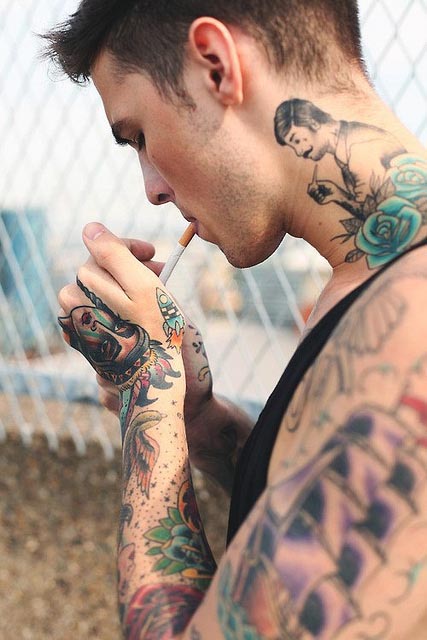

Tell your doctor if you have or have ever had high blood pressure, heart disease, a heart attack, or a stroke. Testosterone enanthate injection (Xyosted) and other testosterone products may cause an increase in blood pressure which can increase your risk of having a heart attack or stroke that may be life-threatening. The program also makes sure that everyone who received this medication understands the risks and benefits from this medication and receives the medication in a setting where they can be monitored for serious reactions. Tell your doctor or nurse immediately if you experience any of the following symptoms during or after your injection: tightening of your throat, difficulty breathing, difficulty swallowing, shortness of breath, cough or urge to cough, chest pain, dizziness, fainting, sweating, rash, hives, or itching.Ī program has been set up to limit the use of testosterone undecanoate injection (Aveed) and to inform people about the increased risk of breathing problems and allergic reactions while receiving this medication. You will need to remain in the healthcare setting for at least 30 minutes after you receive your injection.

The injection should be given by a doctor or nurse in a healthcare setting where these problems or reactions can be treated. Instruments and supplies that can't be sterilized with an autoclave - including drawer handles, tables and sinks - should be disinfected with a commercial disinfectant or bleach solution after each use.Testosterone undecanoate injection (Aveed) may cause serious breathing problems and allergic reactions, during or immediately after the injection. Does the tattoo artist sterilize nondisposable equipment? Make sure the tattoo artist uses a heat sterilization machine (autoclave) to sterilize all nondisposable equipment between customers.Any pigments, trays or containers should be unused as well. Does the tattoo artist use proper equipment? Make sure the tattoo artist removes the needle and tubes from sealed packages before your procedure begins.Does the tattoo artist wear gloves? Make sure the tattoo artist washes his or her hands and wears a fresh pair of protective gloves for each procedure.Check with your city, county or state health department for information on local licensing and regulations. Keep in mind that regulation requirements and licensing standards vary from state to state. Who does the tattooing? Go to a reputable tattooing studio that employs only properly trained employees.To make sure your tattoo will be applied safely, ask these questions: In some cases, tattoo pigments can interfere with the quality of the image. Rarely, tattoos or permanent makeup might cause swelling or burning in the affected areas during magnetic resonance imaging (MRI) exams. If the equipment used to create your tattoo is contaminated with infected blood, you can contract various bloodborne diseases - including methicillin-resistant Staphylococcus aureus (MRSA), hepatitis B and hepatitis C. Tattooing also can lead to keloids - raised areas caused by an overgrowth of scar tissue. Sometimes an area of inflammation called a granuloma can form around tattoo ink.

Sick tattoos for men skin#
A skin infection is possible after tattooing.

This can occur even years after you get the tattoo. Tattoo dyes - especially red, green, yellow and blue dyes - can cause allergic skin reactions, such as an itchy rash at the tattoo site. Tattoos breach the skin, which means that skin infections and other complications are possible, including: In this case, the injury was caused by punctures in the skin during tattooing. A granuloma is a small area of inflammation caused by tissue injury or the body's intolerance of a foreign substance.


 0 kommentar(er)
0 kommentar(er)
